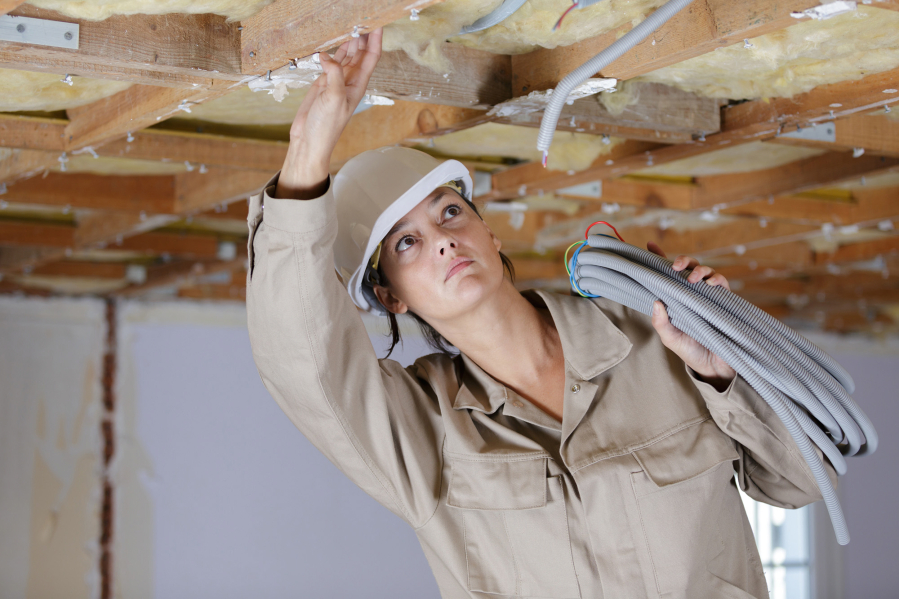Here at Angi, we repeat one piece of advice more often than any other (well, except maybe to change your HVAC filters): Always ensure your contractor holds the necessary license, bonding, and insurance to do business.
These are all excellent ideas to protect yourself, but what exactly do they mean, and to whom do they apply? Here’s a handy guide to those terms and what they mean for you as a homeowner.
Remember as you proceed: Rules and regulations vary from state to state and city to city. If you’re hiring someone for a job, especially a big and costly one, it’s a good idea to familiarize yourself with the specific regulations of your locality.
Licensing
In most cases, a trade license means a contractor has signed up with the state or local licensing authority and passed a skills test.
Licensing varies a great deal across localities. However, nearly all plumbers, electricians, gas and HVAC contractors must hold a license. These are some of the most important professions that work in your house and operate some of the most dangerous systems, so a licensing exam represents vital evidence that they know what they’re doing. General contractors, architects and landscape installers also require licensing; check with your local authorities.
Keep in mind that a trade license is different from a business license, which usually just means that the person who holds it is authorized to do some kind of business in that area. A business license is important, but don’t mistake one for a trade license demonstrating skill competency.
Bonding
“Bonding” may be the least well-understood of the three terms. A bond means the contractor has put up a certain amount of money to a regulatory authority or been issued a surety bond by a third-party company. These bonds cover the costs if something goes wrong with the project that is the contractor’s fault. Bonding rules vary greatly from place to place, and not all contractors must hold a bond, so look into your local rules to determine what you need to verify with your contractor.
Insurance
Insurance is perhaps the most universal of these three listed elements. Not all jobs require a license or bonding, but even if you hire someone to come into your house and hang some paintings, you want them to carry the proper insurance. This insurance will cover damages if they damage something in your home, for instance. And most importantly, worker’s compensation insurance means that the expenses will be covered if the contractor or one of their employees is injured while on your property. Anything that happens involving an uninsured worker in your home could end up becoming your direct financial responsibility. Thus, it’s essential to verify insurance with all contractors. Any legitimate contractor will be happy to provide written verification of insurance; it’s a sign that both you and they take their work seriously.
Tweet your home care questions with #AskingAngi and we’ll try to answer them in a future column.




